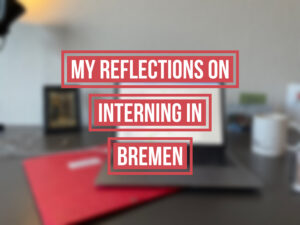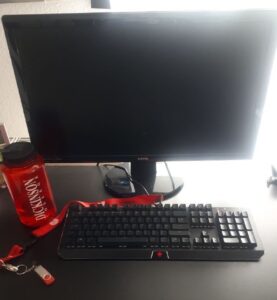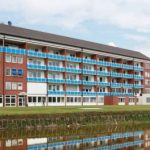During their studies in Bremen, our exchange students want to be active members of the Bremen community. Volunteer work is a great way to give back to the city that welcomes you during your studies abroad. There is a large number of ways that young people can engage with their community in Bremen. Most of our students participated in city cleanups. For the cleanups, a group of people meets up in a specific part of Bremen to collect garbage from the streets. A few of our Spring students participated in the cleanup.
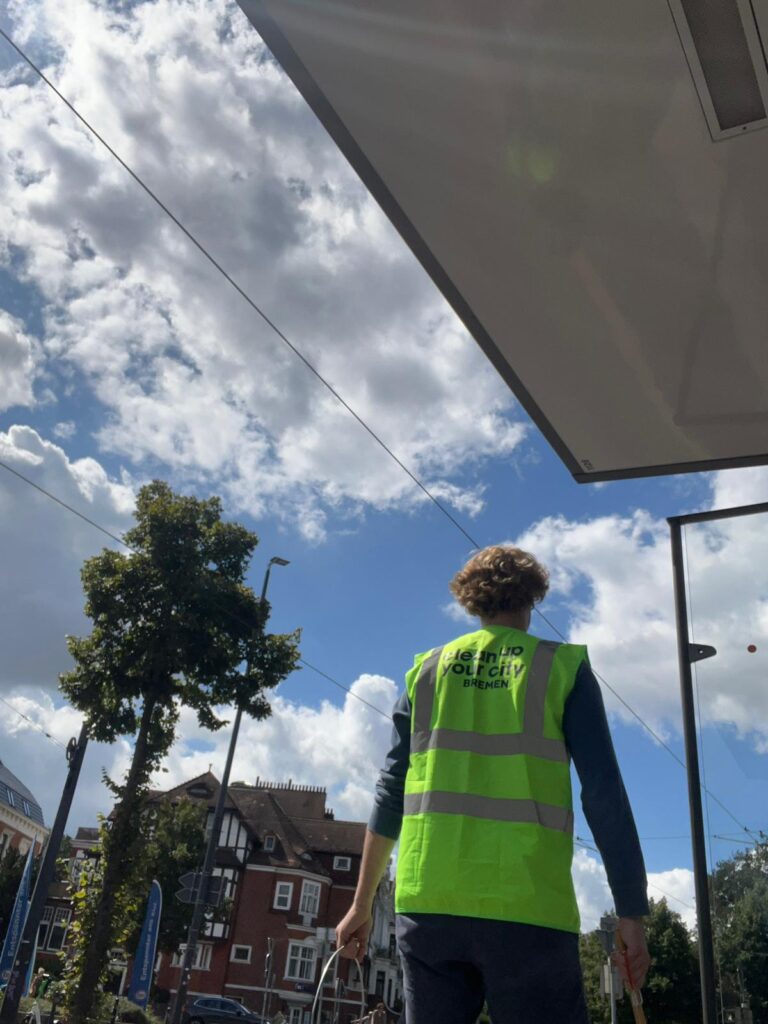
Gabe on duty!
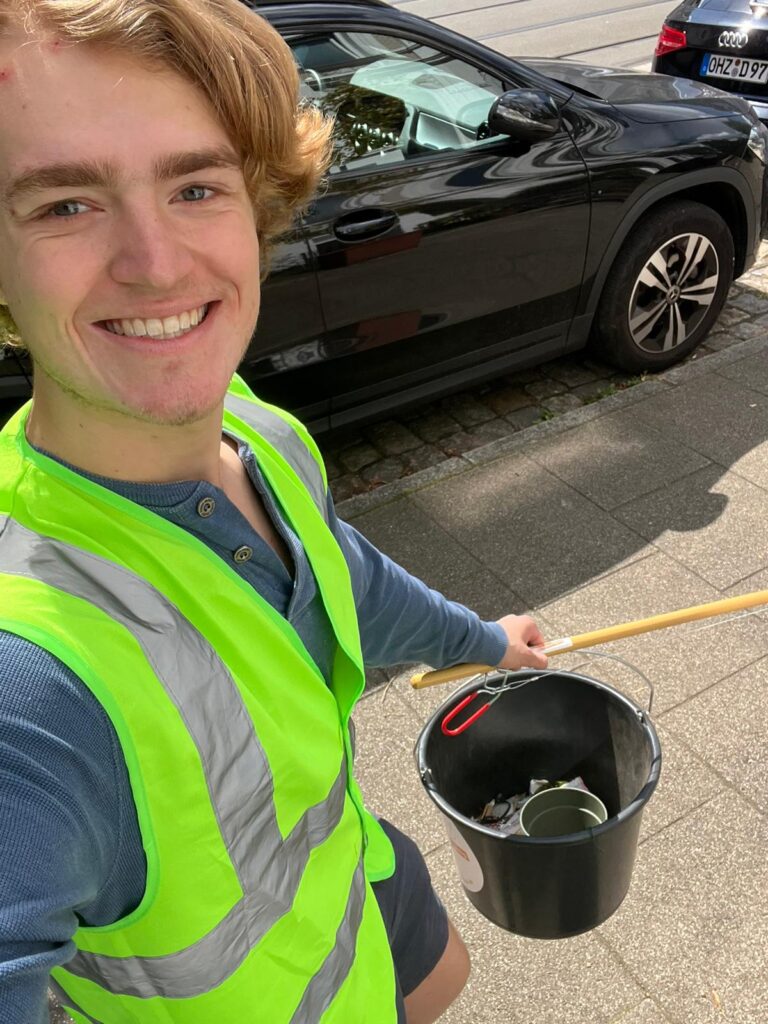
The equipment is provided by the Cleanup organization.
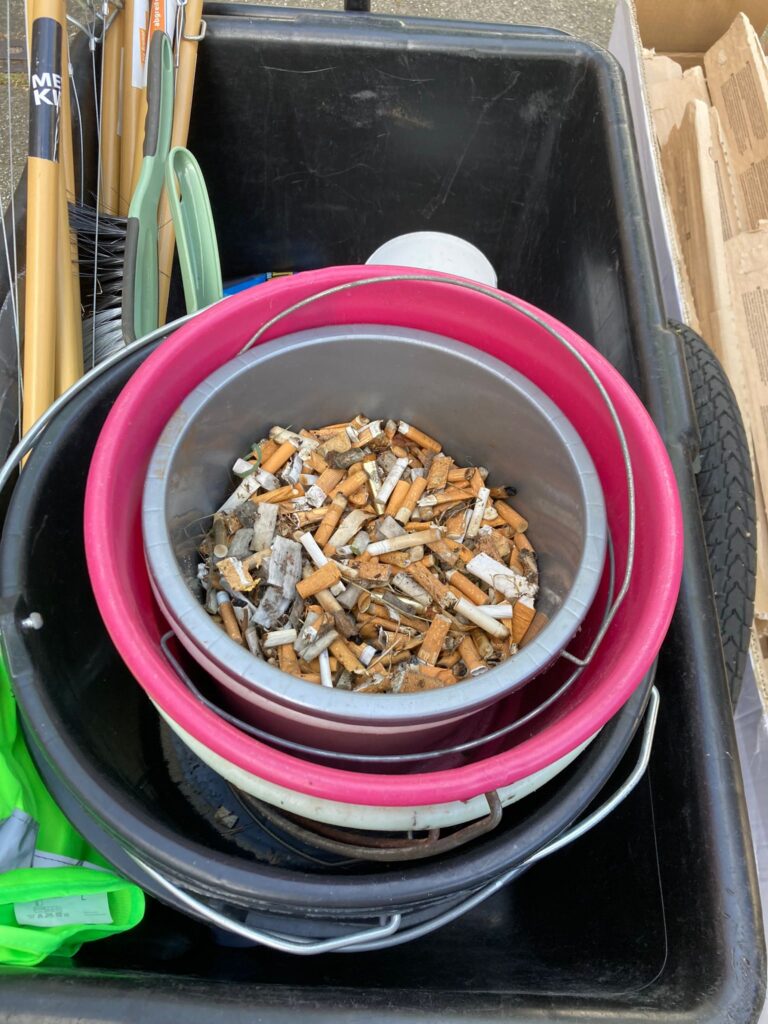
After a few hours of collecting trash, this is how many cigarette butts the group found – quite shocking!
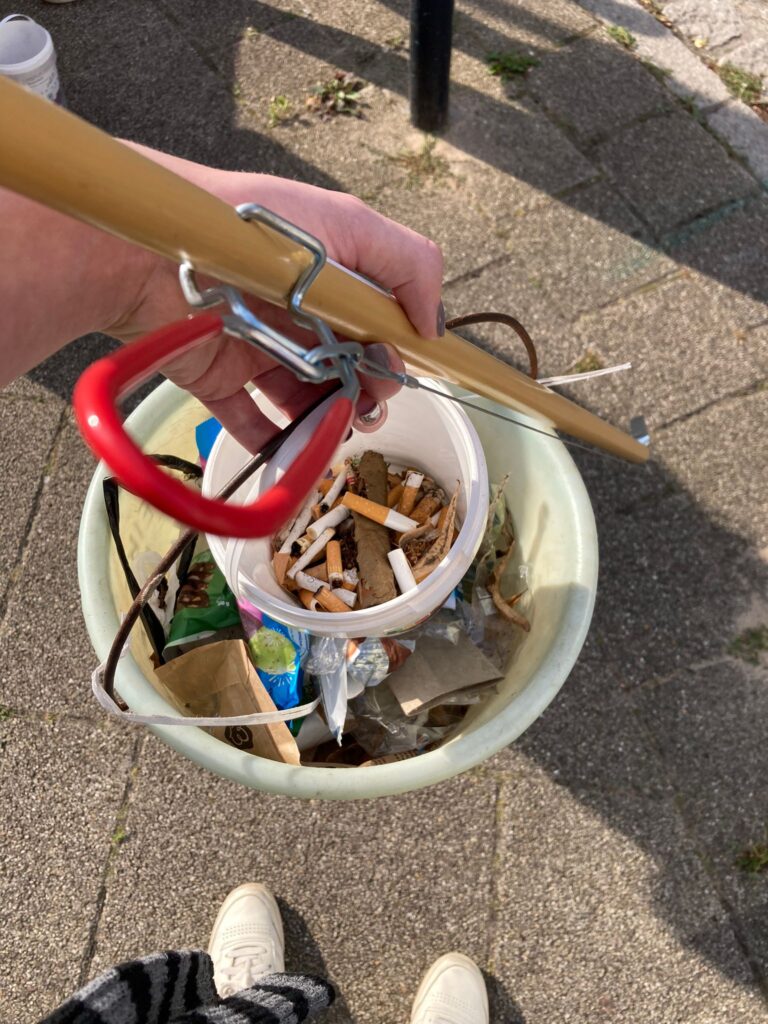
Abby’s findings at a cleanup in Schwachhausen!
The students that participated in the cleanup shared that they were most shocked by the number of cigarette butts that were on the streets. At the end of the cleanup, they looked at how many they collected in total on that day – it was almost a bucket full of cigarettes.
Noah dedicated his time to a different project: He helped a lady plant a vegetable garden. Not only was it fun but also a great way to connect with other volunteers: “I primarily volunteered at a garden in Bremen. I helped to plant, learned a bit about certain plants such as Rotkohl (red cabbage), and weeded the beds, while enjoying getting to know the other folks working there. It was a great time and they were very welcoming! When I return to Bremen, I absolutely intend to find a similar program or return to that one.”
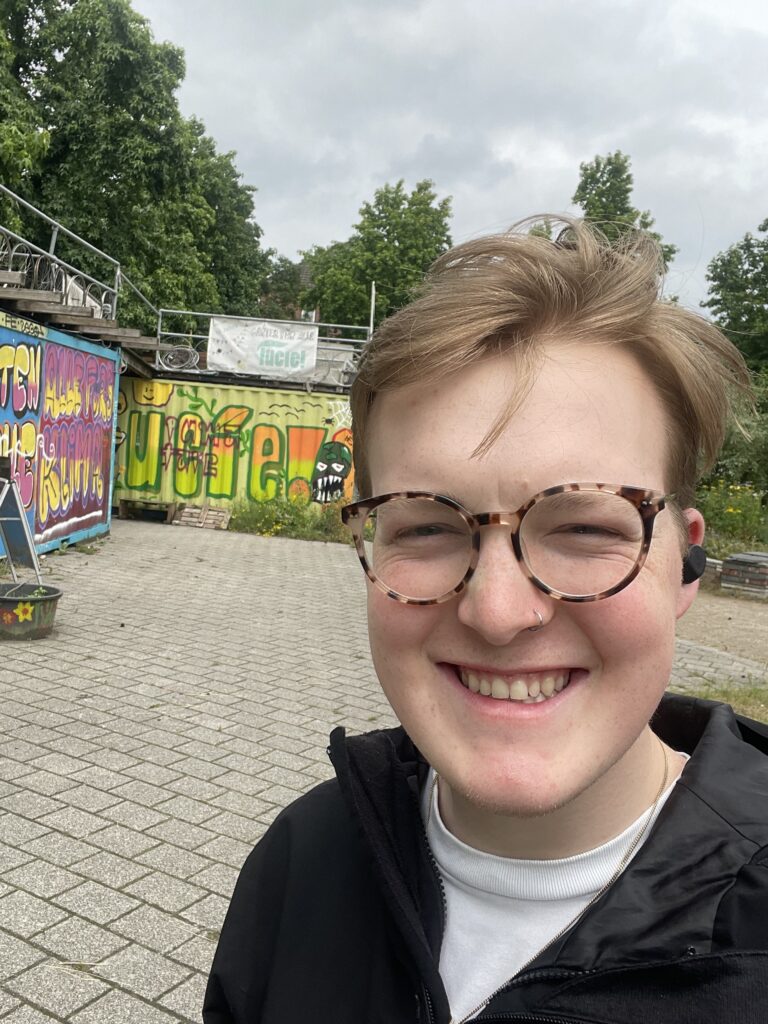
Getting ready to plant a garden!
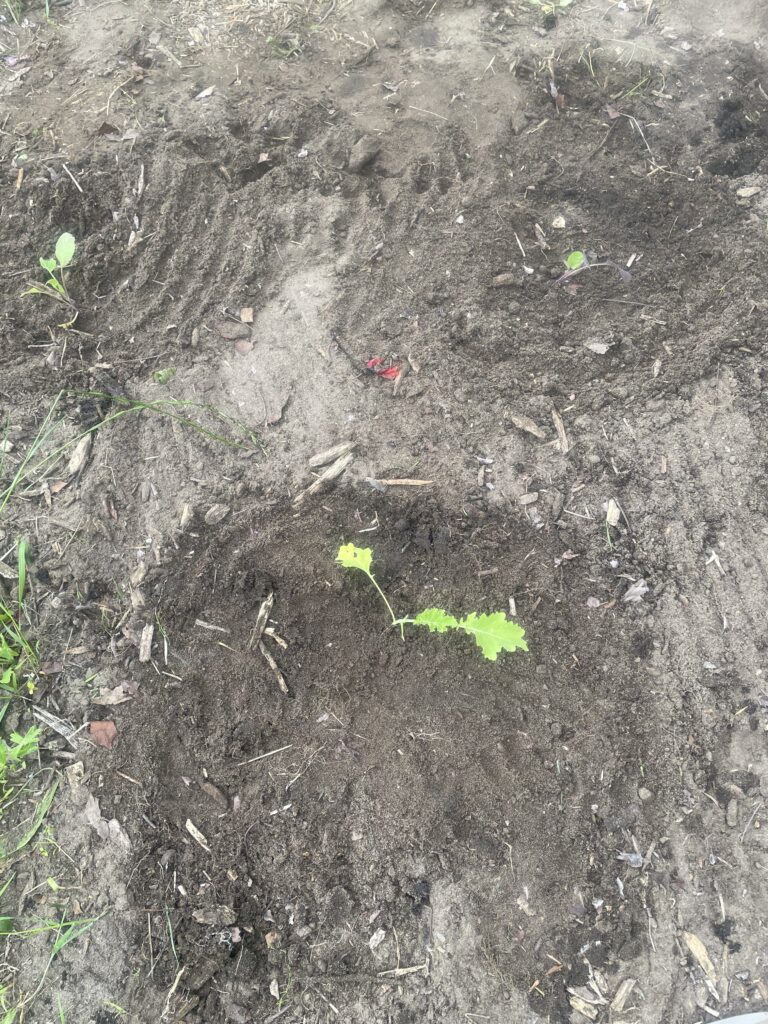
Growing vegetables!

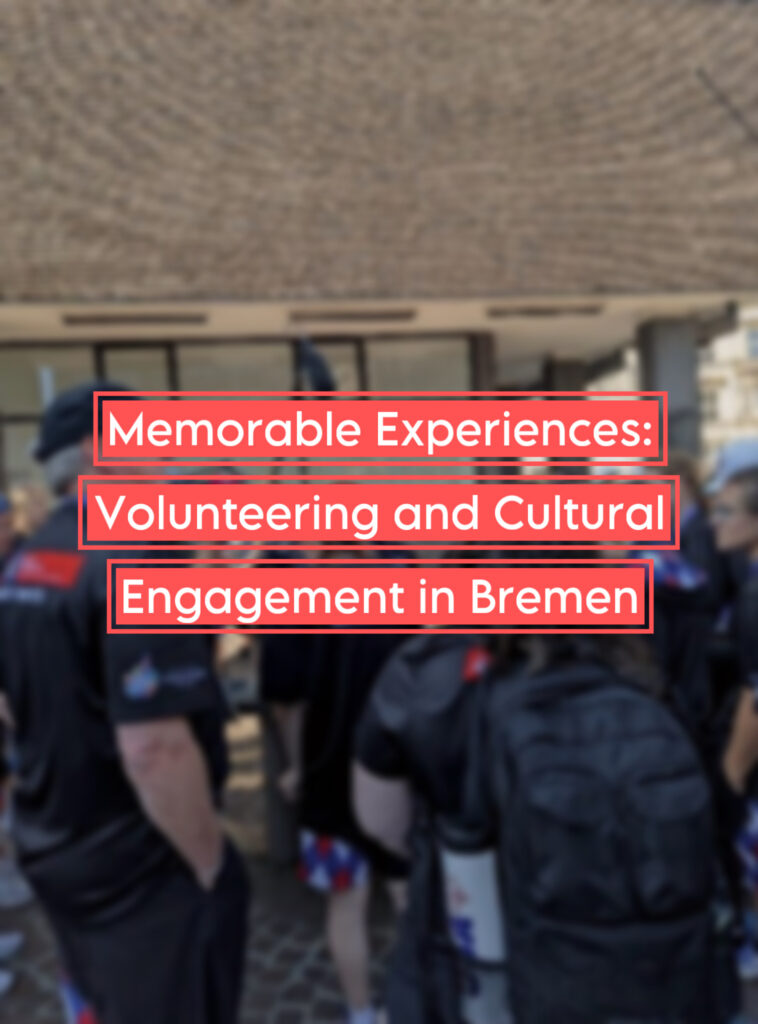 by Vasilisa Pallis ’24
by Vasilisa Pallis ’24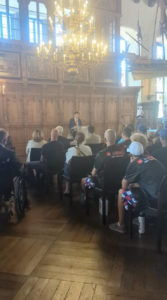
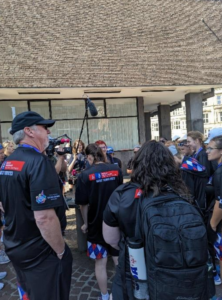
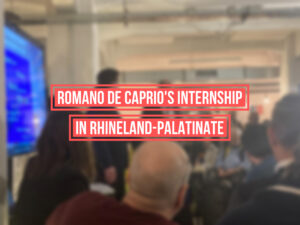
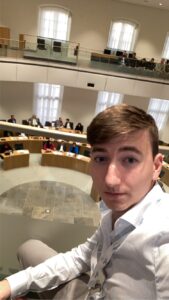 Mr. Schreiner is a member of the “Christlich Demokratische Union Deutschlands“ (CDU) in Rhineland-Palatinate, which is a successful Christian-democratic, conservative, and economically liberal party in Germany. He is the head of the ‘Klimaschutzpolitik’ for his faction, which means he has input in every form of climate protection-based policy in Rhineland-Palatinate. When I first arrived in Mainz at the end of March, I had no idea what to expect. All that I wanted to get out of this internship was to be able to see how the inner workings of German politics function. It did not take long for me to see Mr. Schreiner meet with numerous Mainz Citizens daily and work with them to better his beautiful city. On the very first night of my internship, Mr. Schreiner said to me “Come to my event tonight, it will give you a true insight into the way politics work here.”
Mr. Schreiner is a member of the “Christlich Demokratische Union Deutschlands“ (CDU) in Rhineland-Palatinate, which is a successful Christian-democratic, conservative, and economically liberal party in Germany. He is the head of the ‘Klimaschutzpolitik’ for his faction, which means he has input in every form of climate protection-based policy in Rhineland-Palatinate. When I first arrived in Mainz at the end of March, I had no idea what to expect. All that I wanted to get out of this internship was to be able to see how the inner workings of German politics function. It did not take long for me to see Mr. Schreiner meet with numerous Mainz Citizens daily and work with them to better his beautiful city. On the very first night of my internship, Mr. Schreiner said to me “Come to my event tonight, it will give you a true insight into the way politics work here.”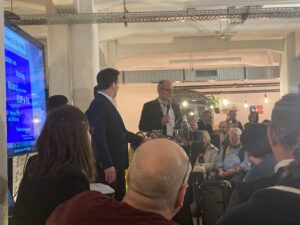 The event was called a podium discussion, which Mr. Schreiner was the moderator of. I was unaware until the beginning of the event that the two men discussing at the podium would be Nino Haase (non-party) and Christian Viering (Die Grünen), the two men running for Mayor and at the time in a run-off race. Although it was apparent that they were competing against each other, their civility and respect for one another were incredible. Even though I might not be German it was evident to me that both candidates had the goal to make Rhineland-Palatinate better for all. The event itself was delightful and truly set the tone for the rest of my time in Mainz. The next day I was able to sit in on the CDU-Fraktion’s group meeting where they discussed what they would say at the next Parliament meeting, and then I was able to witness them in action hours later as the Bundestag met. My everyday life in Mainz was simply enhancing and unimaginable, every day was so different from the last.
The event was called a podium discussion, which Mr. Schreiner was the moderator of. I was unaware until the beginning of the event that the two men discussing at the podium would be Nino Haase (non-party) and Christian Viering (Die Grünen), the two men running for Mayor and at the time in a run-off race. Although it was apparent that they were competing against each other, their civility and respect for one another were incredible. Even though I might not be German it was evident to me that both candidates had the goal to make Rhineland-Palatinate better for all. The event itself was delightful and truly set the tone for the rest of my time in Mainz. The next day I was able to sit in on the CDU-Fraktion’s group meeting where they discussed what they would say at the next Parliament meeting, and then I was able to witness them in action hours later as the Bundestag met. My everyday life in Mainz was simply enhancing and unimaginable, every day was so different from the last.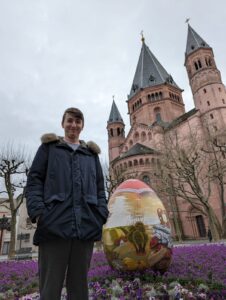 One day Mr. Schreiner took me to the city of Sinzig to meet with businessmen and discuss how to avoid another possible flood. After that meeting, Mr. Schreiner drove me around the town so that I could see the impacts of the last flood and he informed me of all the tragedies that occurred in a certain area. The next day we met with two architects from Berlin and Mr. Schreiner gave them a private tour of Dom St. Johannis, the older delicate Cathedral in Mainz. I was very lucky to see the insides of this beautiful historic Cathedral for myself, and I could not believe how spooky the hidden crypt aspect was.
One day Mr. Schreiner took me to the city of Sinzig to meet with businessmen and discuss how to avoid another possible flood. After that meeting, Mr. Schreiner drove me around the town so that I could see the impacts of the last flood and he informed me of all the tragedies that occurred in a certain area. The next day we met with two architects from Berlin and Mr. Schreiner gave them a private tour of Dom St. Johannis, the older delicate Cathedral in Mainz. I was very lucky to see the insides of this beautiful historic Cathedral for myself, and I could not believe how spooky the hidden crypt aspect was.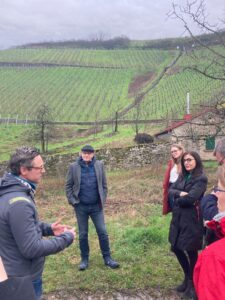 However, my absolute favorite experience of my internship did not even take place in Mainz. On a Friday in late March, Mr. Schreiner, his team, and I drove to a town called Würzburg in Bavaria. There we learned about the new innovative ways that people are becoming more carbon-friendly and what adaptations ‘Wine Mountains’ have made in the past few years. Both topics were insightful to learn about and everyone was extremely nice. It was tricky to understand the Germans from Bavaria because they have a very unique dialect, but I had an amazing time.
However, my absolute favorite experience of my internship did not even take place in Mainz. On a Friday in late March, Mr. Schreiner, his team, and I drove to a town called Würzburg in Bavaria. There we learned about the new innovative ways that people are becoming more carbon-friendly and what adaptations ‘Wine Mountains’ have made in the past few years. Both topics were insightful to learn about and everyone was extremely nice. It was tricky to understand the Germans from Bavaria because they have a very unique dialect, but I had an amazing time.